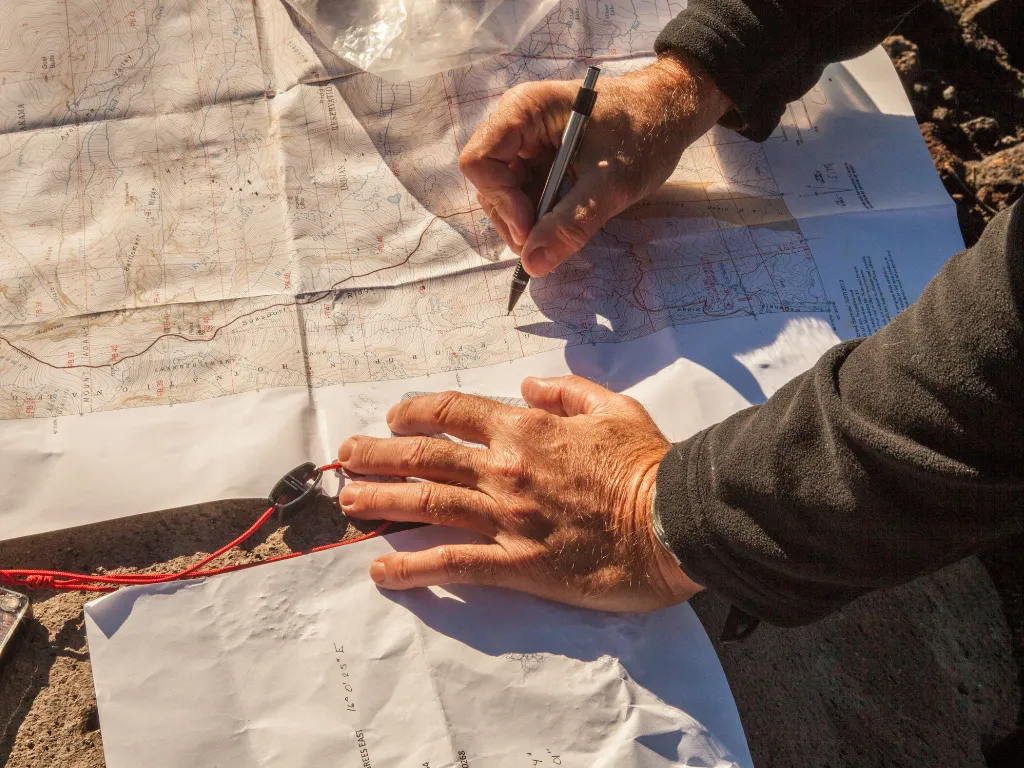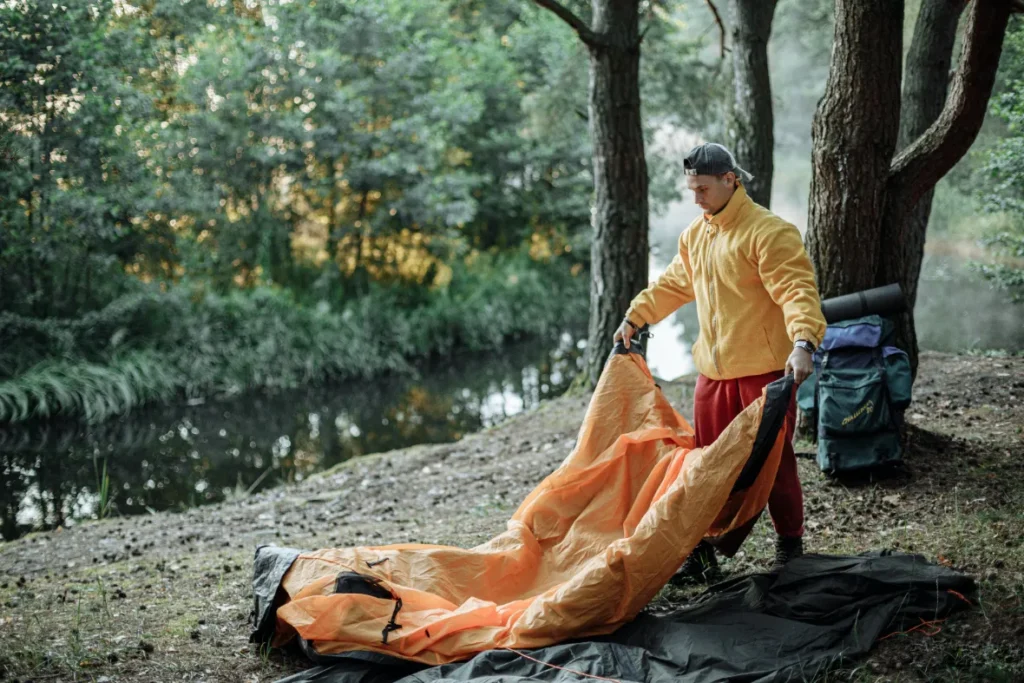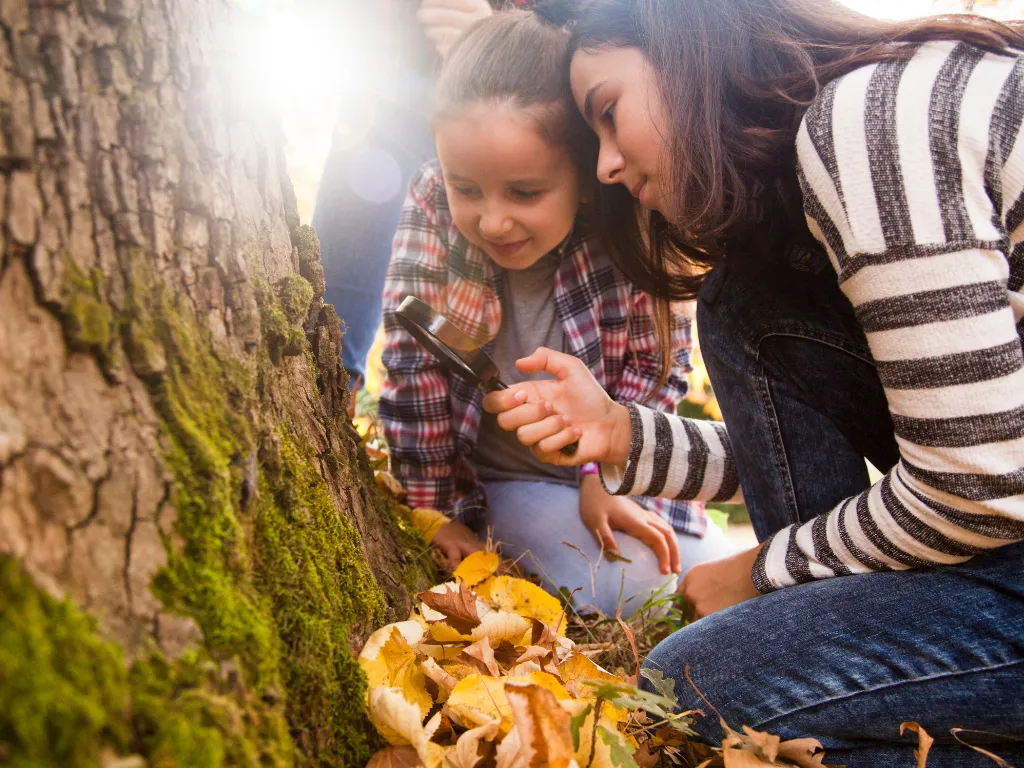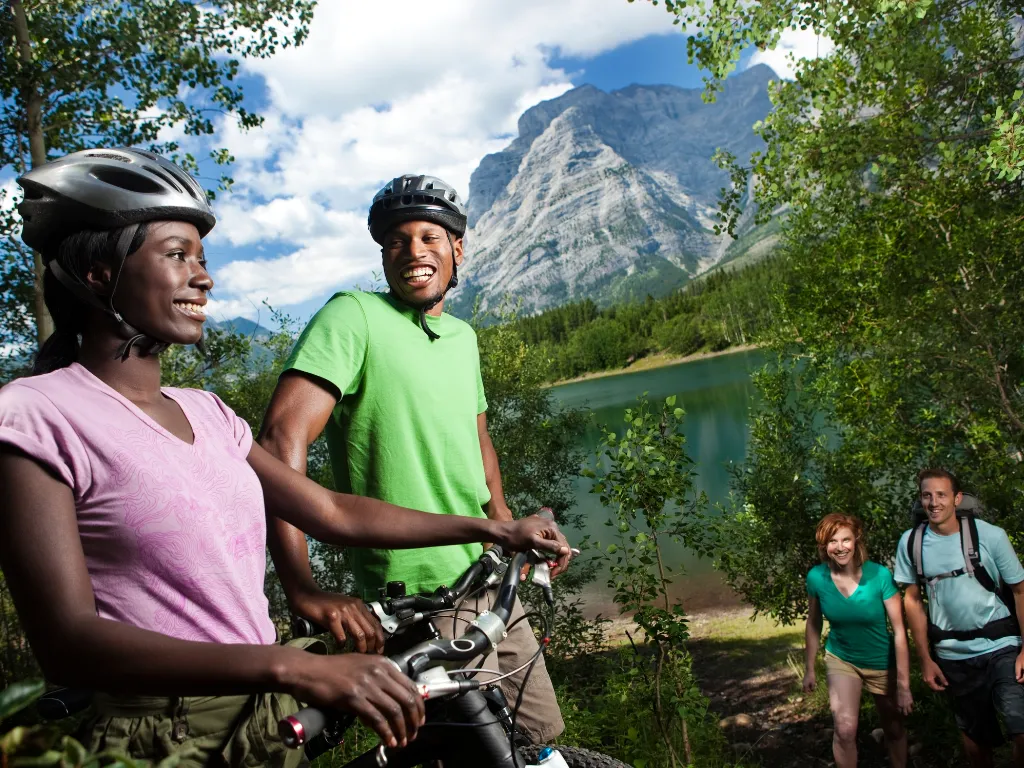eco-movement
Leave No Trace Principles

If you’ve never heard of Leave No Trace, it’s about time you begin to familiarize yourself with these important principles. These principles were created by the Leave No Trace Center for Outdoor Ethics whose mission is, “to protect the outdoors by teaching and inspiring people to enjoy it responsibly.” – Leave No Trace
Ever heard of “Pack it in, pack it out?” Whatever you carry with you, must leave with you too! So toilet paper definitely doesn’t belong on the forest floors or any other floors for that matter. Think about it…would you leave TP on the floors of your own home? No, right?! Be mindful that the outdoors is a home for all of the surrounding wildlife. So be respectful and don’t litter!
Overall, I have found that learning the 7 Leave No Trace Principles has helped me in preparing properly for future outdoor outings. Planning ahead helps keep wildlife and habitats safe which in turn also helps to keep YOU safe!
And it’s ok if this is your first time even hearing about Leave No Trace Principles. Take some time right now to learn more so that you can also set a positive example and reach out to others who might need some help becoming more responsible outdoor enthusiasts!
Leave No Trace Principles
Table of Contents:
1. Plan Ahead and Prepare
2. Travel & Camp on Durable Surfaces
3. Dispose of Waste Properly
4. Leave What You Find
5. Minimize Campfire Impacts
6. Respect Wildlife
7. Be Considerate Of Others
Principle #1: Plan Ahead and Prepare

Planning essentially helps to reduce taking late decisions that will inevitably lead to a negative impact on the land. For example, not researching the regulations of the area you plan to visit might cause you to arrive with a larger group than allowed for a site. Or maybe you’re on a backpacking trip and you were not aware of the current terrain conditions. Your hiking speed is decreased and instead of reaching your campground, you end up having to camp on a non designated campground therefore causing damage to the land where you set up tents. Take the time to research and plan ahead, and avoid those last call decisions.
Principle #2: Travel & Camp on Durable Surfaces

Like in the example above, having to camp on a non designated campground ends up causing the land to be trampled and the vegetation to stop growing. Likewise, hiking off trail causes the same issues. Always use existing trails for hiking and established campsites to pitch a tent. Another reason to plan ahead in terms of your group size, so that you reduce the amount of foot traffic to an area. More visitors means more tents and more areas getting trampled.
Principle #3: Dispose of Waste Properly

Anything you bring with you, needs to go back with you. Nothing gets left behind. All your leftover food scraps, food packaging, and trash including any used toilet paper needs to be packed out. On the topic of human waste, you don’t have to pack it with you (although on some trails you might have to like the Narrows Canyon Hike in Zion National Park). Make sure to dig a cathole 6-8 inches deep and 200 ft away from any water sources, campgrounds or trails. Greywater (water used for cleaning dishes, handwashing, or even brushing teeth) needs to be emptied out 200 ft away from any water sources. Just make sure to strain the water before dumping it and consider using a biodegradable soap to reduce the amount of harsh chemicals going into the soil.
Principle #4: Leave What You Find

What you find in nature, needs to stay in nature (unless you find trash, please pick it up and pack it out with you!). Everything in nature has its purpose. The rocks, the sticks, the flowers, the leaves they all contribute to maintaining the ecosystem. Leave the environment undisturbed. So don’t pick flowers and don’t stack rocks. You found something of interest, take a picture!
Principle #5: Minimize Campfire Impacts

Before planning on having a campfire for your next outing, make sure you know how to properly build one. Also, remember to keep campfires small, only use firewood native to that location, and make sure to put out the fire completely. Reducing campfire impacts like scorching the ground underneath or even causing wildfires, starts with consideration for opting for a camping stove instead. Everyone has their preference when it comes to camping with or without a campfire but ultimately it will be your responsibility to make sure your choice has the least amount of impact.
Principle #6: Respect Wildlife

This one is all about not messing with the wildlife. Everybody needs their space, including wildlife, so remember to observe wildlife from a distance and give them extra space. This means do not approach animals and do not feed them. Ultimately these are good reminders to help keep you and let them and the wildlife safe. Our human presence alters their natural behavior, so let wildlife carry on with its day and show it some respect.
Principle #7: Be Considerate Of Others

We all love to get outdoors and enjoy nature. Think of how many wonderful experiences you’ve had while going hiking or camping. It really takes everyone to be considerate of each other in these outdoor spaces in order to create these positive experiences. Share the trail, greet others, keep your pets leashed, reduce the noise level of your group, and enjoy the sounds of nature.
We can all start reducing our overall impact to the natural spaces that we love by implementing these principles. It starts with you!
Having trouble remembering the 7 Principles?
Here is an easy and fun way to remember them with hand signs. These hand signs work great for children as well and it’s an effective method of introduction to outdoor ethics.
Check it out : Leave No Trace Seven Principles with Hand Signs
Please visit the Leave No Trace Center for Outdoor Ethics for more information!

